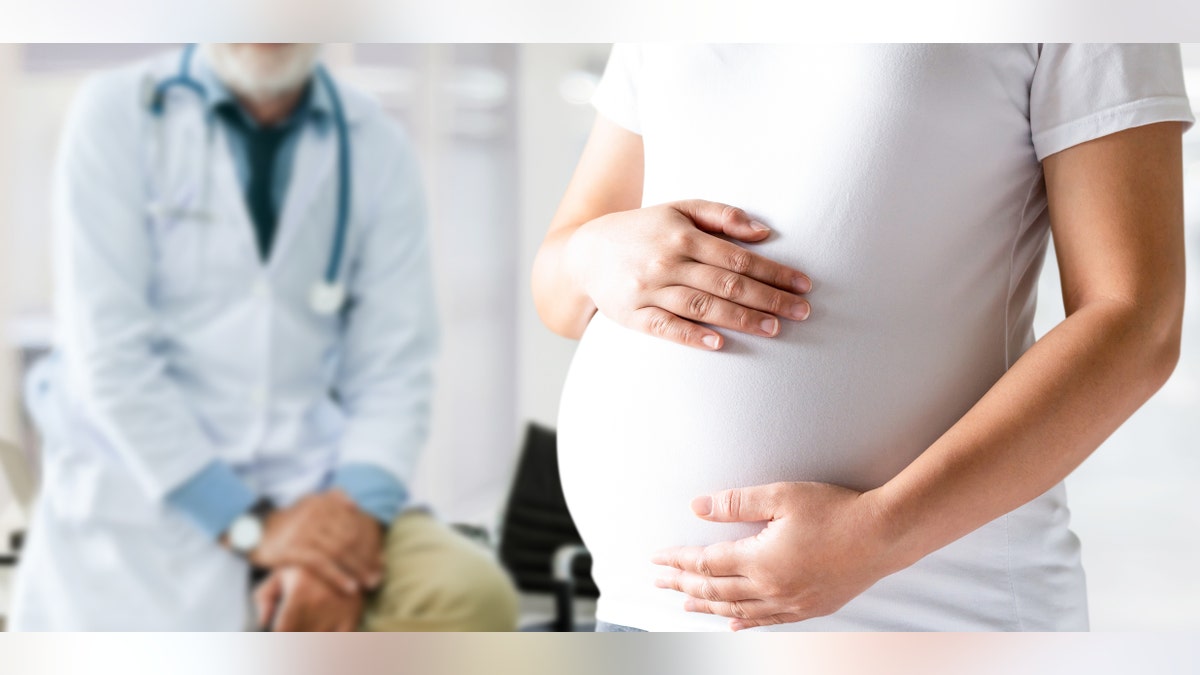Fox News Flash top headlines for January 29
Fox News Flash top headlines are here. Check out what's clicking on Foxnews.com.
The World Health Organization on Friday reversed its guidance on pregnant women receiving the coronavirus vaccine created by Moderna, now saying it recommends the jab for expectant persons.
"While pregnancy puts women at higher risk of severe COVID-19, very little data are available to assess vaccine safety in pregnancy. Nevertheless, based on what we know about this kind of vaccine, we don’t have any specific reason to believe there will be specific risks that would outweigh the benefits of vaccination for pregnant women," the WHO said in the updated guidance.

The shift comes after the global health agency faced criticism for its stance as it conflicted with guidance from the CDC. Experts also voiced concerns that inconsistent information could confuse expectant women hoping to learn if they should be vaccinated against COVID-19 or not. (iStock)
The change comes just days after the WHO initially said it did not recommend the Moderna jab for pregnant women "unless they are at a high risk of exposure to the novel disease, such as health care workers."
The WHO’s updated stance is in line with guidance from the Centers for Disease Control and Prevention (CDC), which notes on its website that "people who are pregnant and part of a group recommended to receive the COVID-19 vaccine may choose to be vaccinated."
PREGNANT WOMEN WITH CORONAVIRUS AT HIGHER RISK OF SEVERE ILLNESS, DEATH, CDC FINDS
While neither the Moderna vaccine nor the one created by Pfizer-BioNTech was approved specifically for use in pregnant women, "No safety concerns were demonstrated in rats that received [the] Moderna COVID-19 vaccine before or during pregnancy," the CDC says, noting that "studies of the Pfizer-BioNTech vaccine are ongoing."
The Moderna jab, as well as the one created by Pfizer, does not contain a live virus; they were created using groundbreaking mRNA technology.
mRNA vaccines "do not interact with a person’s DNA because the mRNA does not enter the nucleus of the cell. Cells break down the mRNA quickly. Based on how mRNA vaccines work, experts believe they are unlikely to pose a specific risk for people who are pregnant," the CDC continues.
SEVERE COVID-19 AMONG PREGNANT WOMEN RAISES RISK OF PRETERM BIRTH, DEATH: STUDY
However, the agency notes, "The actual risks of mRNA vaccines to the pregnant person and her fetus are unknown because these vaccines have not been studied in pregnant women."
The shift comes after the global health agency faced criticism for its stance as it conflicted with guidance from the CDC. Experts also voiced concerns that inconsistent information could confuse expectant women hoping to learn if they should be vaccinated against COVID-19 or not.
The WHO did not immediately return Fox News’ request for comment on what prompted the change.
Studies about the effects COVID-19 may have on those who are pregnant are ongoing. That said, a National Institutes of Health-funded study published earlier this week suggests pregnant women who contract severe COVID-19 disease face a heightened risk of death and preterm delivery compared to those with asymptomatic cases of the illness.
GLOBAL CORONAVIRUS CASES TOP 100 MILLION
The study follows previous findings from the CDC which said pregnant women who contract the coronavirus are more at risk for severe illness and death than non-pregnant women.
Fox News’ Kayla Rivas contributed to this report.
